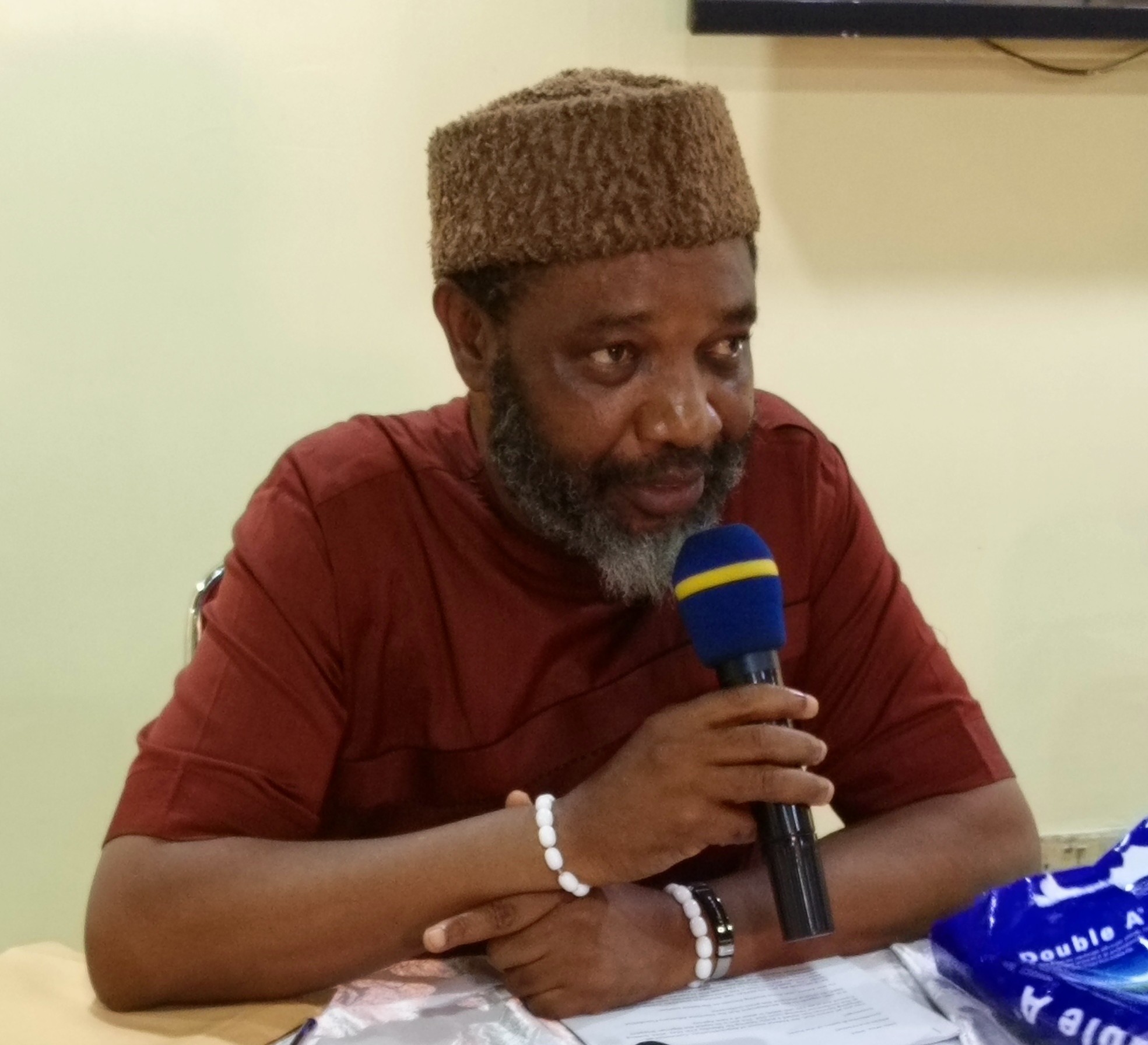SEREC Urges Nigeria, West, Central Africa to Prioritise Food Security Before Implementing AfCFTA

The Sea Empowerment and Research Center (SEREC) has called on Nigeria and other West and Central African nations to place food security and agricultural transformation at the heart of their economic agenda before fully embracing the African Continental Free Trade Area (AfCFTA).
In its October 2025 Policy Bulletin titled “Food Security Before Free Trade: A Call for Strategic Sequencing in the AfCFTA Era,” signed by Fwdr. Eugene Nweke, Head of Research & Policy Advisory on October 28, 2025 , the organisation warned that rushing into liberalisation without strengthening domestic production capacity could expose the region to food crises, industrial decline, and economic dependency.
According to SEREC’s analysis, the vision of a unified African market will only succeed if member countries first secure their ability to feed their populations. The report observed that while nations such as China and India built their economic power on the back of mechanised agriculture, technological innovation, and state-backed food sufficiency, many African countries are liberalising trade ahead of building resilient production systems. This, it said, has left the region vulnerable to market shocks and structural imbalance.
The policy paper highlights Nigeria’s precarious food situation, noting that more than 26 million citizens face acute food insecurity driven by inflation, conflict, flooding, and weak productivity. It also identified critical infrastructure and institutional gaps such as low mechanisation, poor irrigation coverage, post harvest losses exceeding 40 percent, and inadequate trade logistics that threaten the nation’s readiness for AfCFTA competition.
SEREC cautioned that an unsequenced opening of borders could lead to market flooding, loss of local industries, and deepening inequality, as better prepared nations exploit the competitive gaps in the region. It argued that such a scenario would weaken government revenues, trigger rural poverty, and increase dependence on food imports, undermining both national and regional stability.
To avert these risks, the policy think tank recommended a phased approach to AfCFTA implementation anchored on what it termed a “Food-First National Framework.” This strategy would involve prioritising agricultural productivity, mechanisation, biotechnology adoption, and the creation of national grain reserves before the full liberalisation of trade. It also proposed strengthening Shippers’ Councils and regional trade platforms to coordinate logistics intelligence, monitor non tariff barriers, and advocate equitable investment in transport and storage infrastructure.
SEREC further advised governments to reform fiscal systems by introducing smart subsidies, enhancing agricultural credit schemes, and replacing tariff revenue losses with digital economy taxes. It also urged the creation of safety nets and retraining programs to protect workers and small scale producers who may be affected during the transition period.
The report’s central message is that Africa’s prosperity must begin in its farmlands, not its ports. It emphasised that sustainable trade can only thrive on the foundation of food self sufficiency and domestic production strength. For Nigeria and its regional counterparts, the path to meaningful integration under AfCFTA, SEREC asserted, lies in sequencing trade liberalisation in tandem with agricultural transformation, infrastructure modernisation, and institutional reform ensuring that the continent feeds itself before it freely trades within itself.










hguvv8
3miro1
https://t.me/official_1win_aviator/167
https://t.me/s/official_1win_aviator/280
https://t.me/official_1win_aviator/572
https://t.me/Best_promocode_rus/1049
https://t.me/s/ef_beef